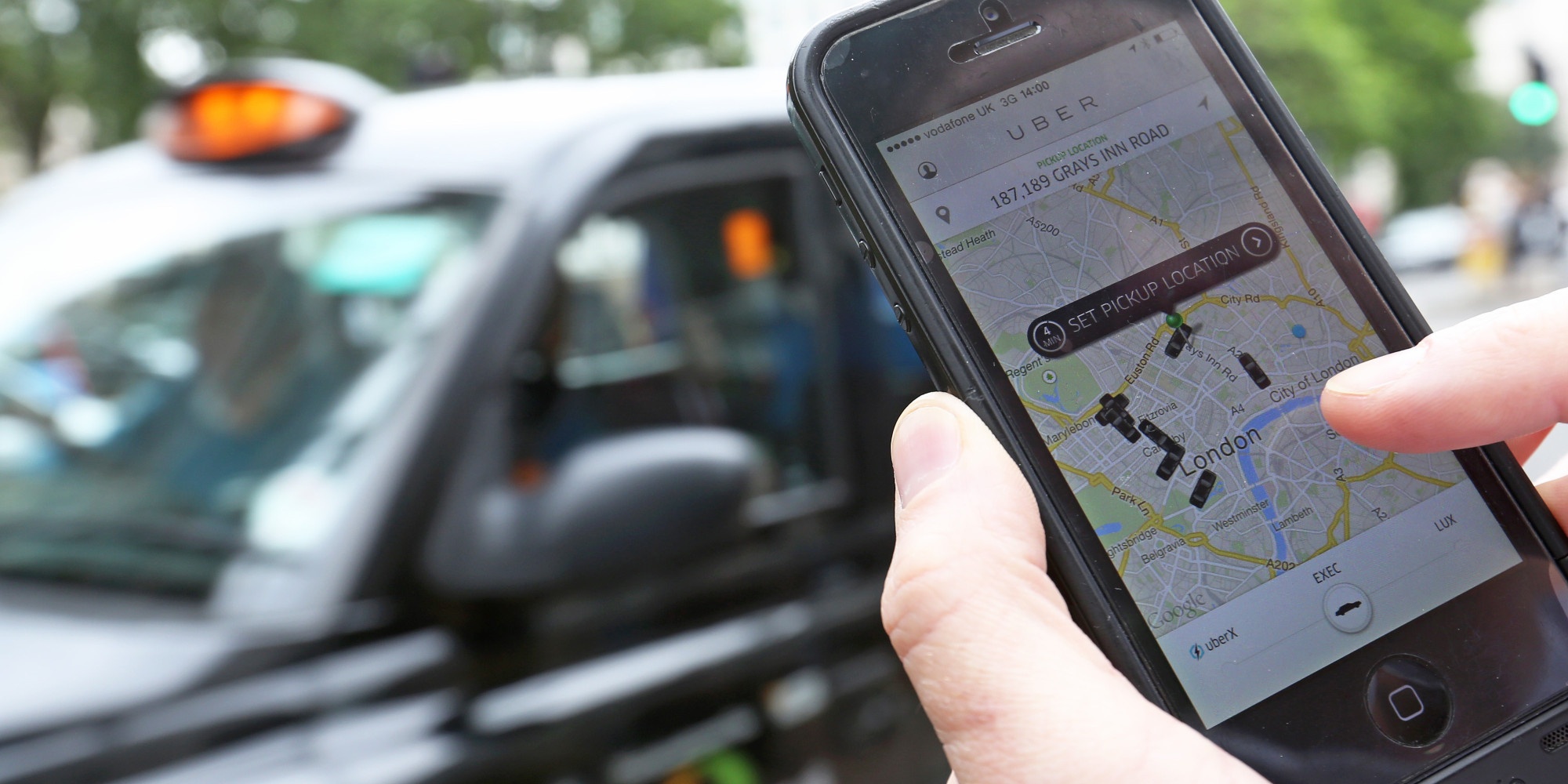In the latest hit to business, last week, ride share giant Uber lost its license from Transport to London (TfL) which allows it to continue to operate in the capital.
For the millions of Uber users and 45 000 drivers in London, this doesn’t mean everyone needs to delete their app or find a new line of work straight away as the firm has confirmed it will appeal the decision – a process that can last many months – and remain in use in the meantime.
This is not the first time that the company and TfL have bumped heads; Uber first lost its license in 2017 and has been granted two extensions since; the second of which expires this week. TfL have cited a number of growing safety concerns as the motivation behind the decision, deeming Uber to not be ‘fit and proper’ as a license holder.
The most recent concerns have focused on a feature of Uber’s operating systems which allows unauthorised drivers to upload their photos onto other driver accounts as well as the ability of suspended or dismissed drivers to create new profiles – loopholes which have been linked to the estimated 14 000 fraudulent trips which were made in London over the last year.
In the course of its 10 year history; Uber has been no stranger to controversy. Former CEO and co-founder of the company Travis Kalanick, was forced to resign from the company he helped to grow in 2017, following reports of unethical workplace culture and his rumoured ignoring of sexual harassment claims.
Even since getting rid of its controversial head, Uber has faced criticism for a multitude of different things; including anger around its decision to continue to classify its drivers as ‘independent contractors’ rather than employees; essentially allowing them more leeway to avoid taxes and regulation around work hours and employee benefits.
Recently; a study even found evidence linking the expansion of the Uber app to higher rates of alcoholism. The report found that with the arrival of Uber to a new market; alcohol consumption increased by 3%, while binge drinking rose by 8%. The correlation was even more pronounced in areas with poor transport links, where binge drinking witnessed a 20% increase.
All of this controversy has had some impact on business; Uber was forced to withdraw its business from Denmark following the introduction of new taxi laws there, and has faced similar problems in its ability to operate in Bulgaria, Hungary and Turkey as well.
The potential loss of London would come as a significantly bigger hit to the firm, 24% of whose sales come from just 5 major cities – one of which is the English capital. Once labelled the ‘most loss-making private firm in tech history’ by the Financial Times, Uber has notoriously struggled to maintain positive revenue returns and has seen its share prices fall by a third since May of this year.
The ultimate impact of this latest TfL decision remains to be seen and Uber certainly will not go down without a fight. However, one would worry about just how much criticism and profit losses one firm can take before it really starts to crumble.
Image: Huffington Post

